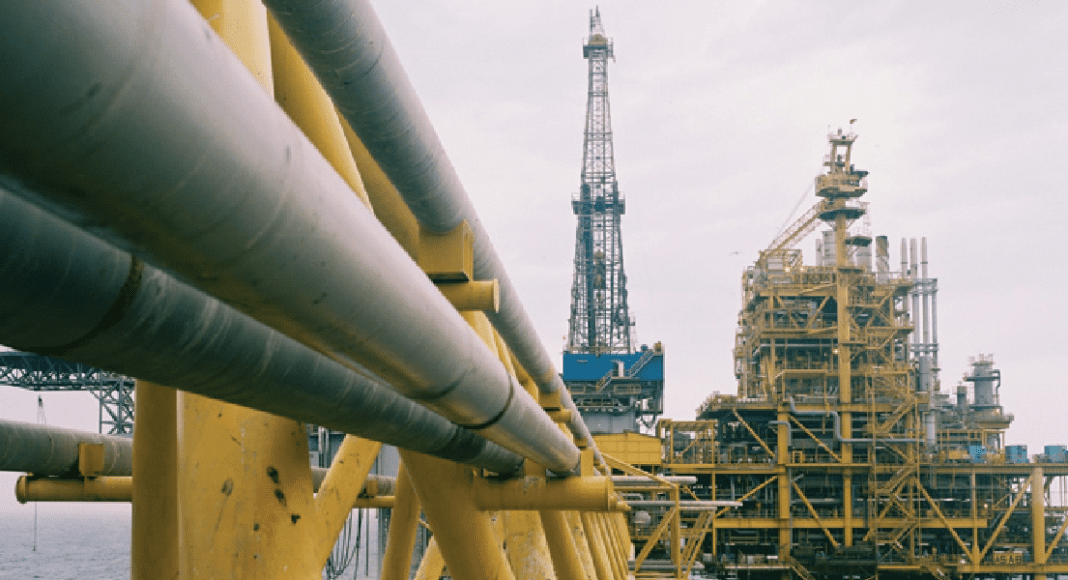(S&P Global Platts) Shell and Norway’s Equinor have urged the government of Tanzania to take immediate action to conclude talks on the country’s planned LNG export facility, warning that the time to develop new gas resources was “limited.”
In an op-ed published April 13 in Tanzanian newspaper The Citizen, the country managers from the two majors said “critical decisions” on the project were needed now.
Equinor and Shell — together with a number of other international companies working in the country’s upstream — have been looking to develop an LNG plant at Lindi in the southeast African country for a number of years.
However, talks on a host government agreement and other terms for the $30 billion project’s development were suspended by the Tanzanian government at the end of 2019.
“Natural gas has a key part to play in the global energy transition, but the window in which to act to develop new resources is limited,” Shell’s country chair Frederik Grootendorst and his counterpart at Equinor, Mette Halvorsen Ottoy, wrote.
“Tanzania is encouraged to do so now by demonstrating its commitment and successfully restarting negotiations on the host government agreement and pledging to conclude them in a timely manner,” they wrote.
Suspended talks
In 2019, Tanzania suspended talks with the foreign investors to pave the way for a review of the country’s production sharing agreement (PSA) regime ordered by then President John Magufuli.
Tanzania had hoped to resume talks aimed at kick-starting the project following the re-election in October of Magufuli, who had called for the review of PSA clauses related to repatriation of funds, arbitration issues, revenue sharing and parliamentary power.
However, Magafuli died in March this year.
His successor, Samia Suluhu Hassan, said during the swearing-in ceremony of the country’s permanent secretaries that there was a need to progress the LNG project, comments welcomed by Shell and Equinor.
“A huge opportunity for Tanzania to benefit from its rich gas resources is within its grasp,” Grootendorst and Halvorsen Ottoy wrote. “2021 must be the year when action is taken to conclude the negotiations.”
They said the Tanzania LNG project represented a “tremendous opportunity” to transform the country’s economy, but that the opportunity “may not necessarily exist for very much longer.”
“Timing is critical in terms of the project’s success. A mega project like this takes years to plan, design and execute and hence critical decisions are required now,” they wrote.
“Sale of LNG in the international markets, taxes, royalties and dividends will bring large revenues to Tanzania which could be used to contribute to the country’s economic development.”
“Tanzania’s LNG in international markets could be worth Shilling 10 trillion ($4.3 billion) per year based on today’s market prices.”
They said a “swift transition” to a collaborative approach would create positive synergies and economies of scale while significantly saving costs and time.
“Collaboration will not only bring the best outcome for Tanzania and for the project but will also make the project more competitive in the global marketplace, produce and process vast amounts of natural gas to power Tanzania’s industrialization plan, support the country’s ambitions to supply gas to the region, and reduce dependence on imported oil,” they wrote.
New MOU
Shell and Equinor in January signed a memorandum of understanding for formal collaboration on the LNG project in Lindi.
“It’s crucial for the project that all parties play their part in making competitive improvements, and this MOU is a step in the right direction,” they said.
Equinor and ExxonMobil hold the license for Tanzania’s Block 2, which is believed to hold some 20 Tcf of gas, while Shell operates Blocks 1 and 4 — with estimated reserves of around 16 Tcf of gas — in partnership with Indonesia’s MedcoEnergi and Singapore’s Pavilion Energy.
In January, Equinor said it had decided to write down the value of the planned Tanzania LNG development by $982 million, saying the current project economics did not justify keeping it on the balance sheet.
Tanzania — despite its vast gas resources — has lagged behind neighboring Mozambique, which has two LNG export projects under development and a third at the planning stage.
It had been hoped that construction work at the 10 million mt/year Tanzania plant could begin as early as 2022 and be completed in 2028.
The Shell and Equinor country managers said further collaboration between the IOCs and the government would “provide the tools to succeed and ensure that Tanzania LNG can win in the highly competitive global LNG space.”
“Many regions around the world including Nigeria, Qatar and North America have established LNG export operations with ambitions to expand significantly and in Mozambique, our neighbor, two projects are under way with opportunities to expand further,” they wrote.
“This competition highlights the need for speed from both the government and project partners. A stable and competitive legal and fiscal framework is crucial to ensure that Tanzania can compete with other countries in the global LNG marketplace and create synergies from the best technologies.”



